 服務(wù)熱線電話
服務(wù)熱線電話
400-6188-756
超聲波清洗機換能器和發(fā)生器的作用!
來源:http://www.taijiaomusic.cn/ 時間: 2023-09-25 瀏覽次數(shù): 0
超聲清洗系統(tǒng)重要的部分是換能器?,F(xiàn)存兩種換能器,一種是磁力換能器,由鎳或鎳合金制成;一種壓電換能器,由鋯鈦酸鉛或其他陶瓷制成。 將壓電材料放入電壓變化的電場中時,它會發(fā)生變形,這就是所謂的壓電效應(yīng)。相對來說,磁力換能器是用會在變化的磁場中發(fā)生變形的材料制成的。
An important part of the ultrasonic cleaning system is the transducer. There are two existing types of transducers, one is a magnetic transducer made of nickel or nickel alloy; A piezoelectric transducer made of lead zirconate titanate or other ceramics. When a piezoelectric material is placed in an electric field with varying voltage, it undergoes deformation, which is known as the piezoelectric effect. Relatively speaking, magnetic transducers are made of materials that undergo deformation in changing magnetic fields.
無論使用何種換能器,通常的因素為其產(chǎn)生的空化效應(yīng)的強度。超聲波和其它聲波一樣,是一系列的壓力點,即一種壓縮和膨脹交替的波(如下圖示)。如果聲能足夠強,液體在波的膨脹階段被推開,由此產(chǎn)生氣泡;而在波的壓縮階段,這些氣泡就在液體中瞬間爆裂或內(nèi)爆,產(chǎn)生一種非常有效的沖擊力,特別適用於清洗。這個過程被稱做空化作用。
Regardless of the type of transducer used, the usual factor is the intensity of the cavitation effect it produces. Ultrasound, like other sound waves, is a series of pressure points, namely a wave that alternates between compression and expansion (as shown in the figure below). If the sound energy is strong enough, the liquid is pushed away during the expansion stage of the wave, resulting in bubbles; During the compression stage of the wave, these bubbles instantly burst or implode in the liquid, generating a very effective impact force, especially suitable for cleaning. This process is called cavitation.
從理論上分析,爆裂的空化泡會產(chǎn)生超過10,000 psi的壓力和20,000 °F (11,000 °C) 的高溫,并在其爆裂的瞬間沖擊波會迅速向外輻射。單個空化泡所釋放的能量很小,但每秒鐘內(nèi)有幾百萬的空化泡同時爆裂,累計起來的效果將是非常強烈的,產(chǎn)生的強大的沖擊力將工件表面的污物剝落,這就是所有超聲清洗的特點。
Theoretically, a burst cavitation bubble will generate a pressure of over 10000 psi and 20000° The high temperature of F (11000° C) and the shock wave rapidly radiates outward at the moment of its explosion. The energy released by a single cavitation bubble is very small, but millions of cavitation bubbles burst simultaneously every second, and the cumulative effect will be very strong. The strong impact force generated will peel off the dirt on the surface of the workpiece, which is the characteristic of all ultrasonic cleaning.
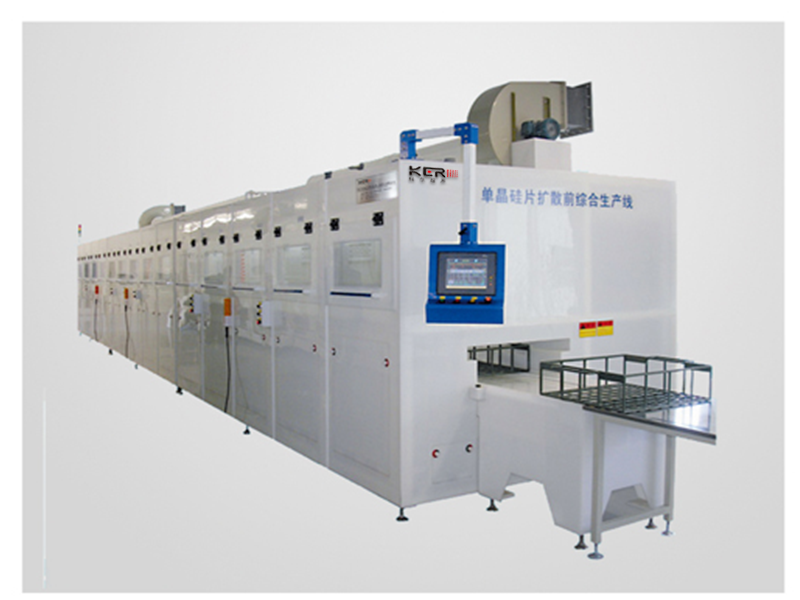

如果超聲能量足夠大,空化現(xiàn)象會在清洗液各處產(chǎn)生,所以超聲波能夠有效清洗微小的裂縫和孔??栈饔靡泊龠M了化學(xué)反應(yīng)并加速了表面膜的溶解。
If the ultrasonic energy is large enough, cavitation phenomenon will occur everywhere in the cleaning solution, so ultrasonic can effectively clean small cracks and holes. Cavitation also promotes the chemical reaction and accelerates the dissolution of the surface facial mask.
然而只有在某區(qū)域的液體壓力低於該氣泡內(nèi)氣體壓力時才會在該區(qū)域產(chǎn)生空化現(xiàn)象,故由換能器產(chǎn)生的超聲波振幅足夠大時才能滿足這一條件。產(chǎn)生空化所需的小功率被稱做空化臨界點。不同的液體存在不同的空化臨界點,故超聲波能量必須超過該臨界點才能達到清洗效果。也就是說,只有能量超過臨界點才能產(chǎn)生空化泡,以便進行超聲清洗。
However, cavitation only occurs in a certain area when the liquid pressure is lower than the gas pressure inside the bubble. Therefore, this condition can only be met when the ultrasonic amplitude generated by the transducer is sufficiently large. The small power required to generate cavitation is called the cavitation critical point. Different liquids have different cavitation critical points, so ultrasonic energy must exceed this critical point to achieve cleaning effect. That is to say, only when the energy exceeds the critical point can cavitation bubbles be generated for ultrasonic cleaning.
頻率的重要性
The importance of frequency
當工作頻率很低(在人的聽覺范圍內(nèi))就會產(chǎn)生噪音。當頻率低於20kHz時,工作噪音不僅變得很大,而且可能超出職業(yè)安全與保健法或其他條例所規(guī)定的安全噪音的限度。在需要高功率去除污垢而不用考慮工件表面損傷的應(yīng)用中,通常選擇從20kHz到30kHz范圍內(nèi)的較低清洗頻率。該頻率范圍內(nèi)的清洗頻率常常被用於清洗大型、重型零件或高密度材料的工件。20KHz的磁力換能器和25KHz的壓電換能器。
When the working frequency is very low (within the human auditory range), noise will be generated. When the frequency is below 20kHz, the working noise not only becomes very loud, but may also exceed the safety noise limit specified by the Occupational Safety and Health Law or other regulations. In applications that require high-power removal of dirt without considering surface damage to the workpiece, a lower cleaning frequency in the range of 20kHz to 30kHz is usually chosen. The cleaning frequency within this frequency range is often used to clean large, heavy parts or workpieces made of high-density materials. 20KHz magnetic transducer and 25KHz piezoelectric transducer.
高頻通常被用於清洗較小、較精密的零件,或清除微小顆粒。高頻還被用於被工件表面不允許損傷的應(yīng)用。使用高頻可從幾個方面改善清洗性能。隨著頻率的增加,空化泡的數(shù)量呈線形增加,從而產(chǎn)生更多更密集的沖擊波使其能進入到更小的縫隙中。如果功率保持不變,空化泡變小,其釋放的能量相應(yīng)減少,這樣有效地減小了對工件表面的損傷。高頻的另一個優(yōu)勢在於減小了粘滯邊界層(泊努里效應(yīng)),使得超聲波能夠發(fā)現(xiàn)極細小的微粒。這種情況近似於小溪中水位降低時可以看清溪底的小石子。
High frequency is usually used to clean smaller and more precise parts, or to remove small particles. High frequency is also used in applications where damage to the surface of the workpiece is not allowed. The use of high-frequency can improve cleaning performance in several ways. As the frequency increases, the number of cavitation bubbles increases linearly, resulting in more and more dense shock waves that can enter smaller gaps. If the power remains constant, the cavitation bubbles become smaller, and the energy released correspondingly decreases, effectively reducing the damage to the surface of the workpiece. Another advantage of high-frequency is that it reduces the viscous boundary layer (Poincare effect), allowing ultrasound to detect extremely small particles. This situation is similar to when the water level in a small stream drops, you can see the small stones at the bottom of the stream.
80kHz、120kHz和170kHz。清洗極微小的顆粒時,可選用頻率為350kHz的產(chǎn)品。近來推出了用於此類場合的MicroCoustics系統(tǒng),其頻率為400kHz。
80kHz, 120kHz, and 170kHz. When cleaning extremely small particles, a product with a frequency of 350kHz can be selected. Recently, a MicroStatistics system has been launched for such occasions, with a frequency of 400kHz.
以上就是超聲波清洗機廠家為大家介紹的內(nèi)容,感謝您在百忙之中查看我公司的信息內(nèi)容 http://www.taijiaomusic.cn ,如果您想要了解的更多,歡迎您來電進行咨詢!
The above is the content introduced by the ultrasonic cleaning machine manufacturer. Thank you for taking the time to check our company's information content http://www.taijiaomusic.cn If you want to learn more, welcome to call for consultation!
相關(guān)產(chǎn)品
相關(guān)文章
-
全自動化噴淋清洗機:核心清洗環(huán)節(jié)解析 2025-07-28
-
碳氫清洗機清洗流程詳解:多步驟協(xié)作的高效清潔之道 2025-07-21
-
帶你體驗通過式噴淋清洗機清洗流程 2025-07-16
-
噴淋清洗機清洗流程解析 2025-07-14
-
高壓去毛清洗機去除毛刺的方法解析 2025-07-11
-
噴淋清洗機高壓噴嘴流道設(shè)計對沖擊力的影響 2025-07-10
-
通過式旋轉(zhuǎn)清洗機:中小型零件清洗好幫手 2025-07-09
-
高壓去毛刺清洗機:技術(shù)特性與應(yīng)用優(yōu)勢解析 2025-07-08
-
多槽手動超聲波清洗機的清洗流程講解 2025-07-07
-
碳氫清洗機:脫脂戰(zhàn)場上的 “附著力守護者” 2025-07-04


 新聞中心
新聞中心
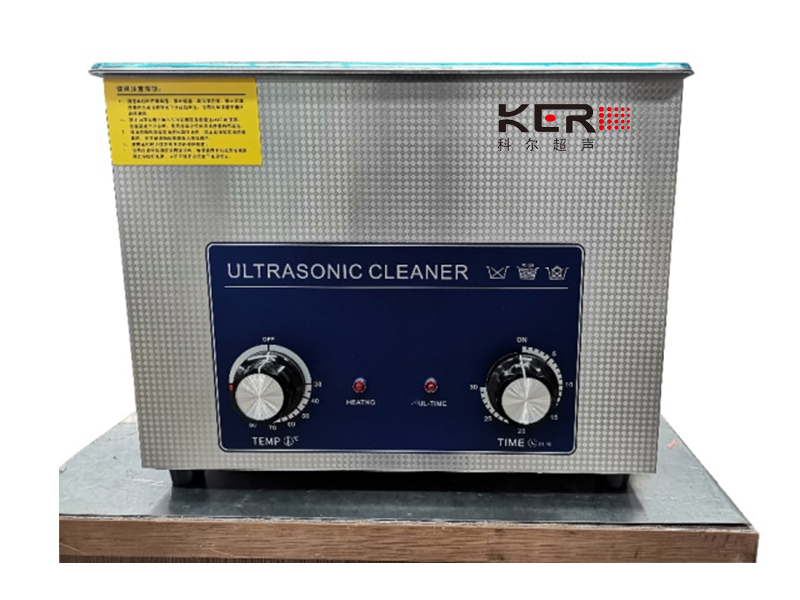
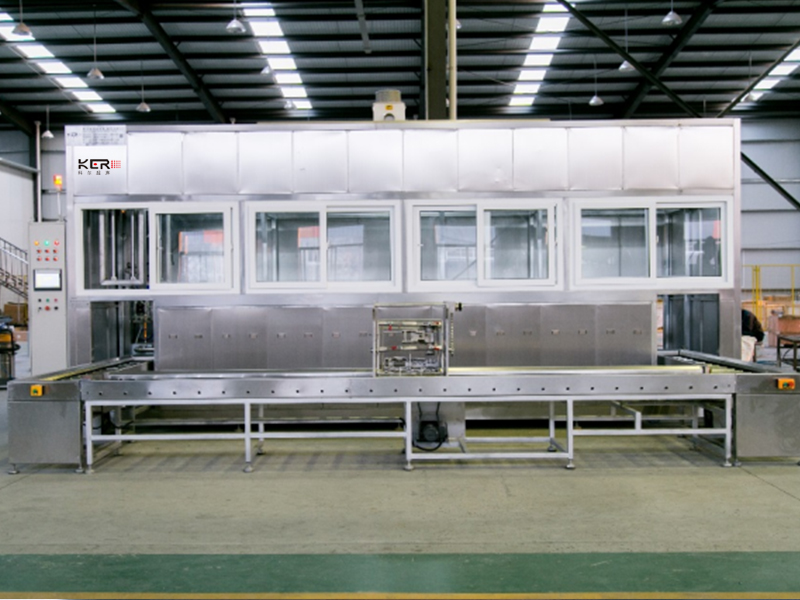
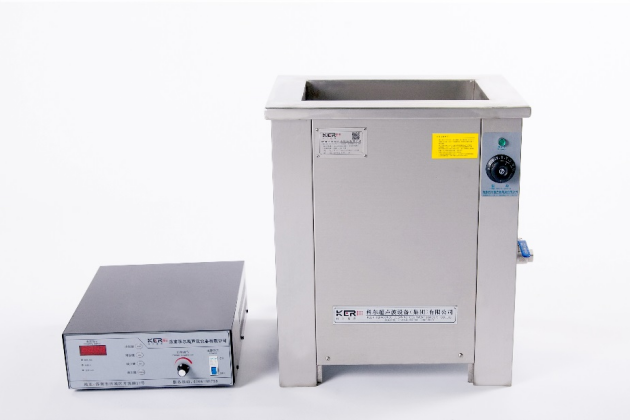
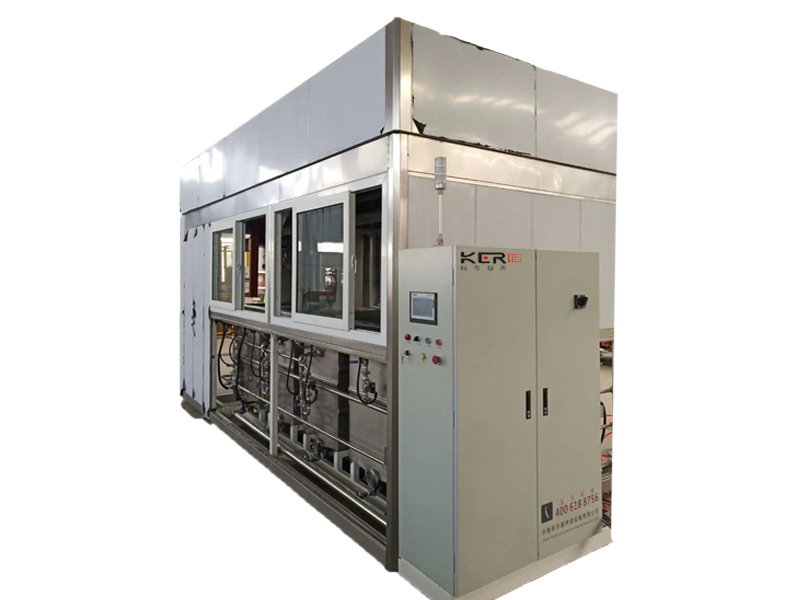
 行業(yè)新聞
行業(yè)新聞
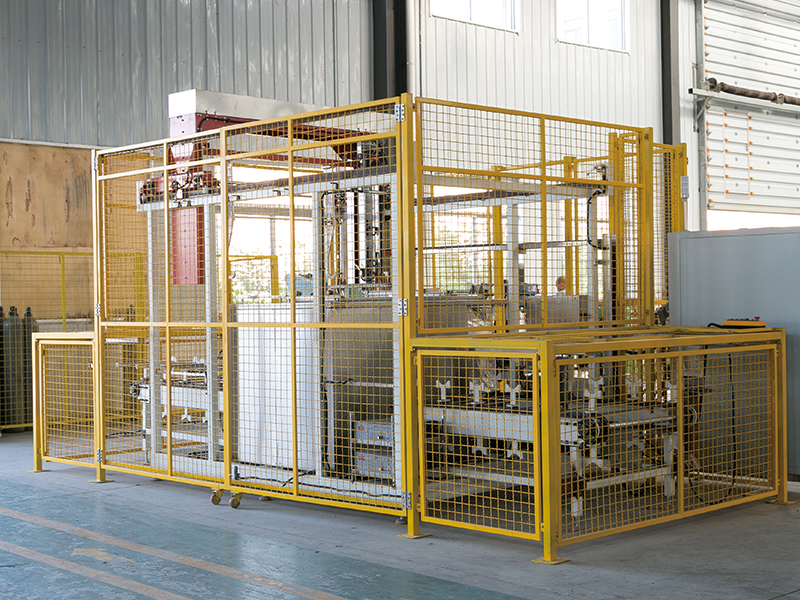
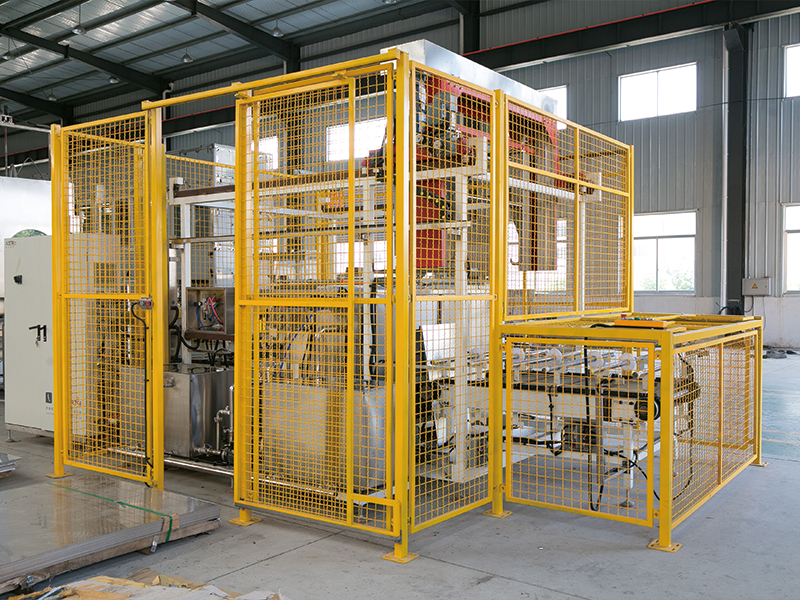
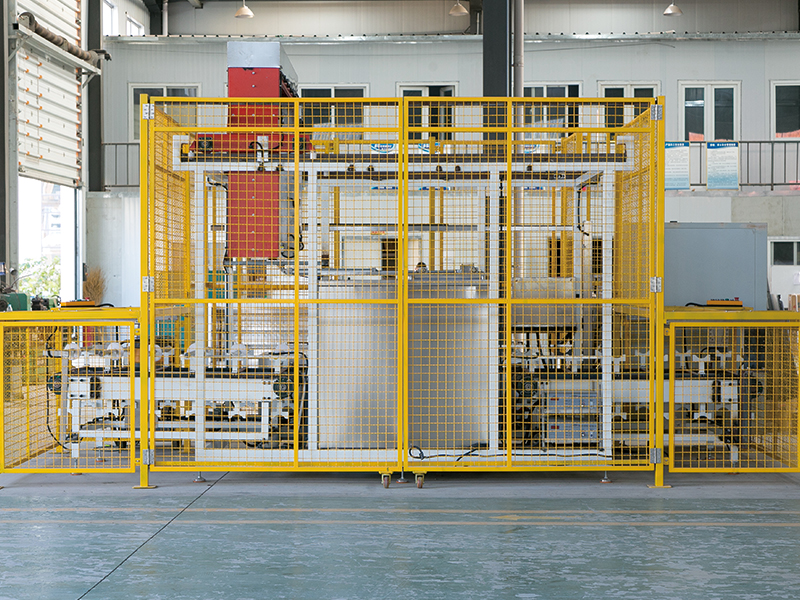
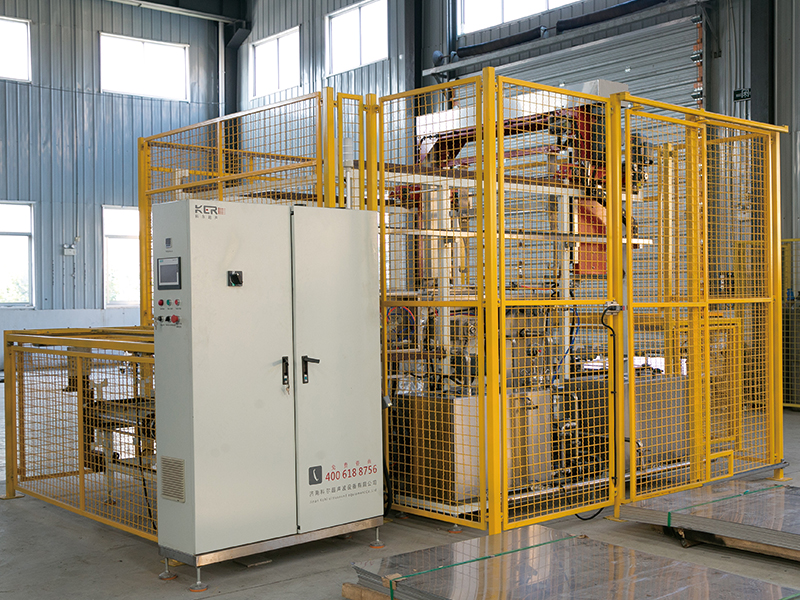




 魯公網(wǎng)安備37011202000628號
魯公網(wǎng)安備37011202000628號